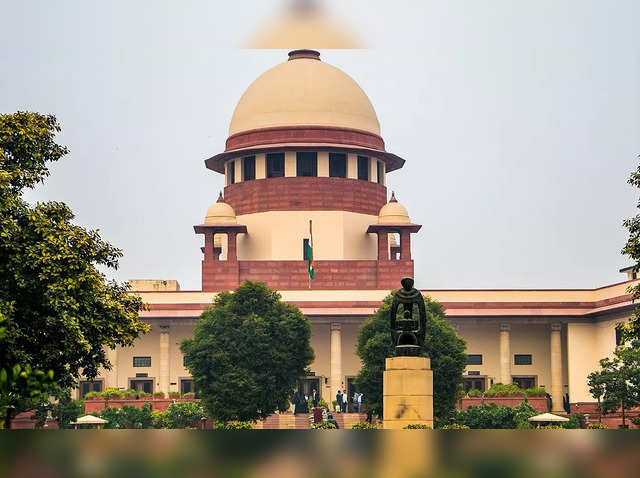


The Supreme Court has recently pronounced a judgment which ostensibly settles the law on the proposition:
“Whether the power of the High Court or the Court of Session to grant anticipatory bail under Section 438 of the CrPC could be exercised with respect to an FIR registered outside the territorial jurisdiction of the said Court?”
For example, X commits rape on Y in Patna, Bihar. After this, X travels to Pune, Maharasthra, where he ordinarily resides. The question is whether X could get anticipatory bail from the appropriate sessions court in Pune or the Bombay High Court. If the answer to this question is yes, then what would be the duration and nature of such anticipatory bail given?
The central argument of this article is that while the Supreme Court's judgment is a brilliant effort in capturing all precedents on the said subject, it judgment falls short of enunciating anything new or unknown to law. The judgment merely resolves the conflict which existed between judgments of a few High Courts on one side and the view taken by the majority of the High Courts on the other side. The point being that the ostensible settling of law done by the Supreme Court was already in vogue even before the pronouncement of this judgment.The relevance and importance of anticipatory bail has enhanced after the pronouncement of Sushila Aggarwal v. NCT of Delhi by the Supreme Court. Prior to this, the accused person who had secured a final anticipatory bail order had to apply again for regular bail from the jurisdictional court after the jurisdictional court took cognizance of the offence under Section 190 of CrPC and called upon the accused person to face the trial.Post the pronouncement of Sushila Aggarwal, it has been made clear by the Supreme Court that the accused person who has secured a final anticipatory bail order does not need to apply for regular bail (post cognizance) as the life of an anticipatory bail order would not expire at the stage of taking of cognizance by the jurisdictional magistrate. It has been clearly enunciated that the anticipatory bail granted to an accused person subsists till the very end of the trial i.e. till the pronouncement of the final judgment.In this background, the Supreme Court in Priya Indoria pronounced that such anticipatory bail orders can be passed by a sessions court or High Court where the accused is ordinarily residing and the same does not necessarily have to be a jurisdictional sessions or High Court which lies within the city or state where the offence has been committed.In order to answer the issue at hand, the Court was assisted by erudite senior counsels i.e. amicus appointed by the Court, Senior Counsel for State of Rajasthan, the counsel for the complainant who had originally lodged the FIR in Rajasthan and was now aggrieved by the anticipatory bail order granted by the Karnataka High Court, and counsel for the accused. In order to keep this article precise, I would not be encapsulating submissions made by the above mentioned counsel. However, anyone who is interested may read paragraph 7 of the judgment.The Supreme Court started the operative part of its judgment with the overarching objective of expanding the scope and jurisdiction of Section 438 CrPC by enabling the powers under this section to be exercised by any High Court or court of session where the accused ordinarily resides. While advancing this objective, it set aside the judgments of the Patna High Court in Syed Zafrul Hassan v. State and the Calcutta High Court in Sadhan Chandra Kolay v. State to the extent that they held that the High Court does not possess jurisdiction to grant extra-territorial anticipatory bail where the offence has been committed in a different state.The Supreme Court relied on Anita Kushwaha v. Pushap Sudan which had enunciated that access to justice is a facet of the broader fundamental right to life enshrined under Article 21 of the Constitution. The Court reproduced the relevant portion of this judgment to hold that the mechanism to provide justice should be speedy and accessible in terms of distance for the aggrieved. The Court was also of the view that an interpretation giving rise to an absolute bar on the jurisdiction of a court of session or a High Court from granting interim anticipatory bail for an offence committed outside the territorial confines of such court may lead to anomalous and unjust consequences for bona fide applicants who maybe victims of wrongful, mala fide or politically motivated prosecution.While interpreting the words in Section 438 carefully, the Court held that if Parliament intended that the expression "High Court or Court of Session" to mean only the court that takes cognizance of an offence, then it would have made this abundantly clear.
TAGS: Supreme Court Anticipatory Bail Landmark Ruling Clarifies Jurisdiction Legal Analysis Supreme Court Judgment Anticipatory Bail Jurisdiction